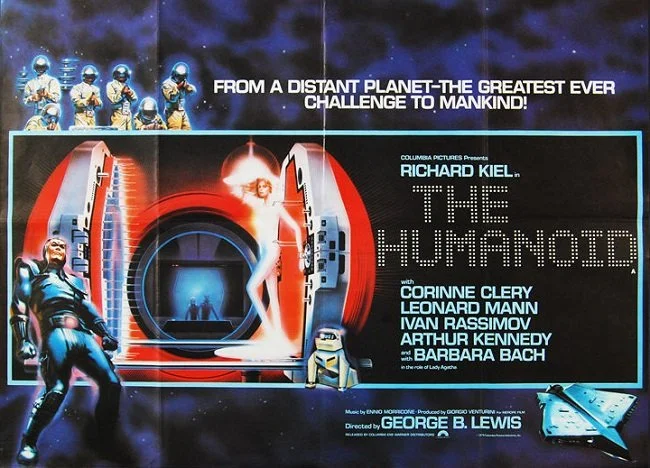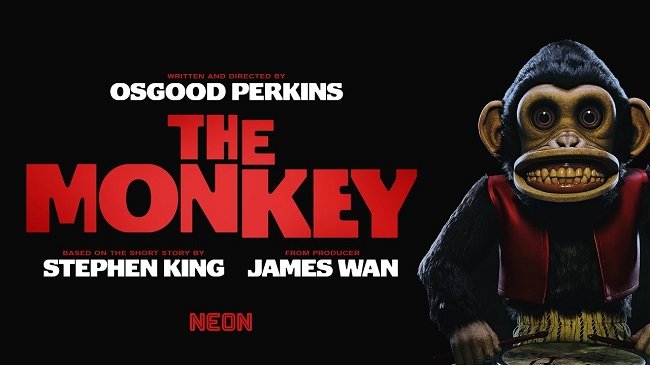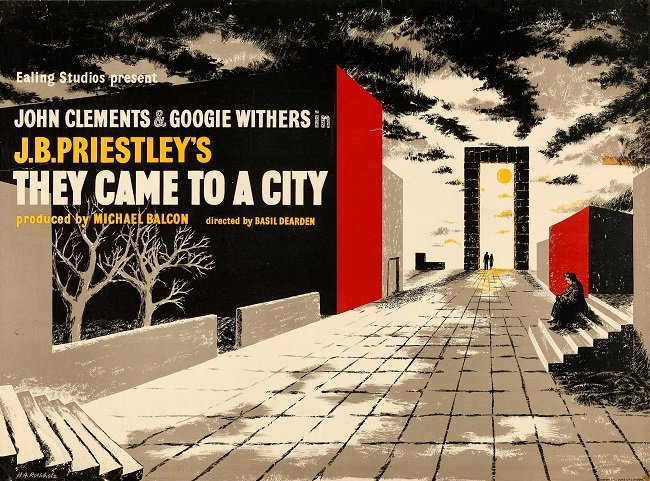Darkest Hour (2017)
Darkest Hour, unlike many other biopics, focuses specifically on the initial weeks of Winston Churchill’s first term of office as Prime Minister, in May 1940. It paints a picture of an unwanted leader who inherits the role due to political expediency, rather than through universal support. Considered by the King as a dangerous adventurer and overshadowed by previous policy failures such as the Gallipoli landings and the Indian famine, Churchill is without allies and under pressure to appease the Germans. Director Joe Wright, sets the pieces on the chess board succinctly and within a few minutes audiences are brought up to speed with the prevailing historical situation. It is against this setting that that Darkest Hour then explores Churchills uphill struggle to rally a nation that appears to have no appetite for war and fend off political assassination. With the imminent defeat of the British Army in France and the prospect of a humiliating surrender at Dunkirk, should he seek a negotiated settlement with Germany, via Italian diplomatic sources?
It becomes apparent quite quickly that Darkest Hour is not your typical historical drama nor a traditional exploration of Churchill. Although the screenplay references the political machinations of the time, it also delves into the Prime Minister’s personal life and the importance of his wife, Clementine (Kristin Scott Thomas) in tempering the more bombastic aspects of his personality. His new secretary Elizabeth Layton (Lily James) also provides a window into the world of the general public and offers him an invaluable reality check. However, at the heart of Darkest Hour is a sublime performance by Gary Oldman. Some actors may well lapse into a parody of Churchill, especially when working under so much prosthetics makeup effects. Oldman does not do this and projects a nuanced and very convincing interpretation of the man. It certainly is the very definition of an Oscar winning performance but is Darkest Hour itself, a movie of a comparable high standard?
There has been criticism that Darkest Hour at times makes the classic mistake of telling rather than showing. The screenplay by Anthony McCarten, has a lot of dialogue that serves as expositionary cues, providing nuggets of information for the viewers edification. For example, Churchill admits to Anthony Eden that King George VI has never forgiven him for supporting Edward VIII during the abdication. However, I consider this and other scenes to be a matter of accessibility. Not all viewers will be familiar with the historical and socio-economic outlook of the times. What some see as clumsy narrative exposition, I consider to be potentially useful facts designed to accommodate a global audience. I do agree that the so called “referendum on the underground” scene is somewhat contrived and possibly could have been handled in a less melodramatic fashion. Perhaps through correspondence that Churchill had received. Yet again, this plot device serves a purpose in distilling the mood of the British public into a quantifiable scene.
If you step back and judge Darkest Hour as a whole, it is a tremendously rousing film and an enthralling depiction of a key period of UK history. Gary Oldman offers us a flawed but likeable Winston Churchill that encapsulates many of the man’s foibles. Certainly, the screenplay references many of his infamous quips such as referring as to Clement Attlee as a “sheep in sheep’s clothing”. Then there is and the notorious jibe he made when he was interrupted while on the toilet, and informed that the Lord Privy Seal was waiting to see him. “I'm sealed on The Privy and can only deal with one shit at a time” was his response. However, where both Darkest Hour and Gary Oldman excel is during the final part of the film, when Churchill addresses Parliament and delivers his famous “fight them on the beaches” speech. It’s a superbly staged scene with the House of Commons swathed in symbolic shadows, punctuated with shafts of light. Churchill’s words win the day and so begins the slow turning of the tide in World War II. “What just happened?” asks a confused MP. “He just mobilised the English, language and sent it into battle” replies Lord Halifax.




























